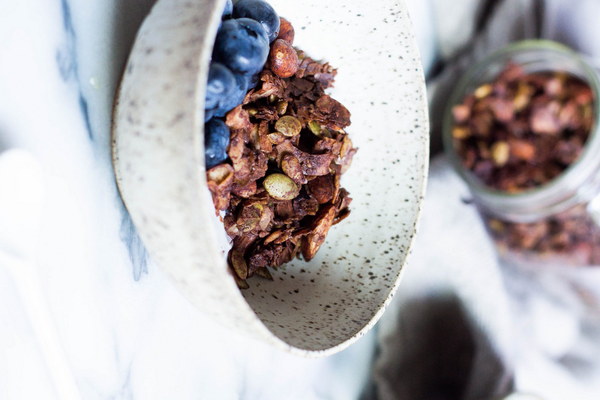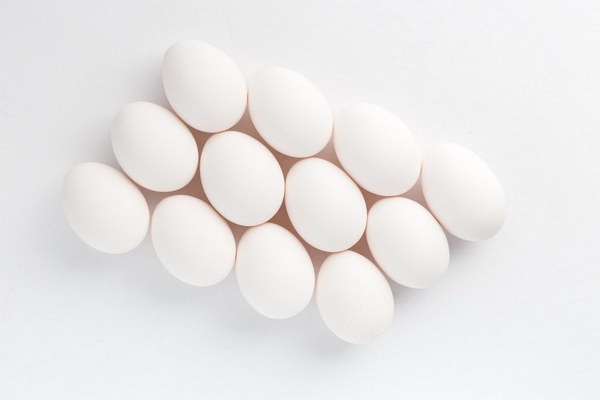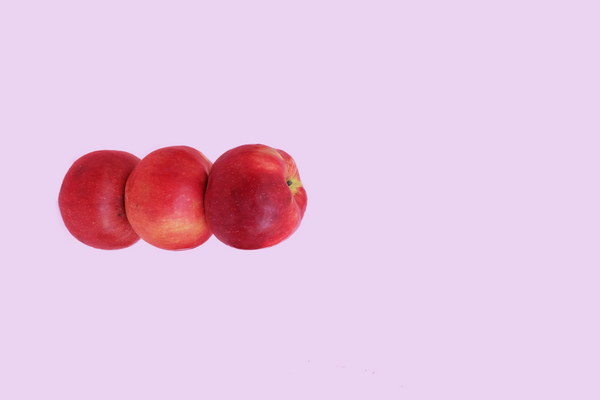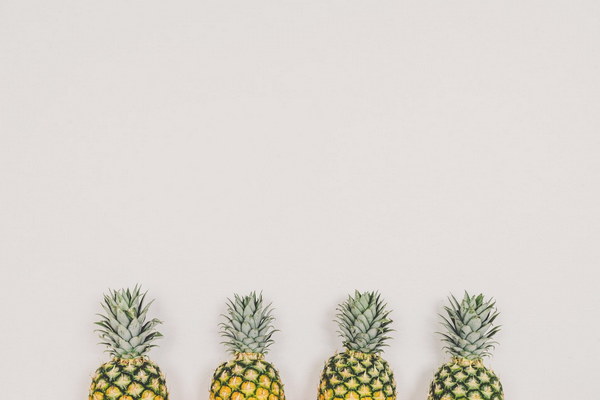Is It Safe to Take Sea Cucumber Supplements During Pregnancy
Introduction:
Pregnancy is a crucial time when a woman's body undergoes significant changes to support the growth and development of the fetus. Many expectant mothers seek to enhance their nutritional intake by incorporating supplements into their diet. One popular supplement that has gained attention is sea cucumber. But is it safe to take sea cucumber supplements during pregnancy? In this article, we will explore the benefits and risks associated with consuming sea cucumber during pregnancy.
Benefits of Sea Cucumber during Pregnancy:
Sea cucumber, also known as trepang, is a popular delicacy in various cultures and is believed to have numerous health benefits. Here are some potential advantages of incorporating sea cucumber into your diet during pregnancy:
1. Rich in Nutrients: Sea cucumber is a rich source of essential nutrients such as proteins, vitamins, and minerals. It contains a significant amount of calcium, iron, and zinc, which are vital for the proper development of the fetus and the expectant mother.
2. Immune System Support: Sea cucumber is known for its immune-boosting properties. It contains antioxidants that help protect the body against infections and diseases, which is particularly important during pregnancy when the immune system is weakened.
3. Improved Digestion: Sea cucumber has natural laxative properties that can help alleviate constipation, a common problem during pregnancy. It also promotes healthy digestion, which is crucial for the absorption of nutrients.
4. Anti-inflammatory Effects: Sea cucumber contains compounds that have anti-inflammatory properties, which can be beneficial for expectant mothers who experience inflammation or joint pain during pregnancy.
Risks of Sea Cucumber during Pregnancy:

While sea cucumber offers several potential benefits, there are also some risks associated with its consumption during pregnancy. It is essential to consider the following factors:
1. Allergic Reactions: Some individuals may have allergies to sea cucumber or other marine products. If you have a known allergy, it is advisable to avoid consuming sea cucumber during pregnancy.
2. Heavy Metal Contamination: Sea cucumbers, like other marine organisms, can accumulate heavy metals from the environment. Consuming sea cucumber with high levels of heavy metals can pose a risk to the developing fetus.
3. Interaction with Medications: Sea cucumber may interact with certain medications, such as blood thinners or anticoagulants. It is important to consult with a healthcare professional before incorporating sea cucumber supplements into your diet if you are taking any medications.
4. Quality and Purity: The quality and purity of sea cucumber supplements can vary. It is crucial to purchase high-quality, reputable brands that undergo proper testing for contaminants.
Conclusion:
In conclusion, sea cucumber can offer several potential benefits during pregnancy, including nutrient-rich properties, immune system support, improved digestion, and anti-inflammatory effects. However, it is essential to consider the risks associated with its consumption, such as allergic reactions, heavy metal contamination, medication interactions, and the quality of the supplement. Before incorporating sea cucumber supplements into your diet, it is advisable to consult with a healthcare professional who can provide personalized advice based on your specific health needs and medical history.









